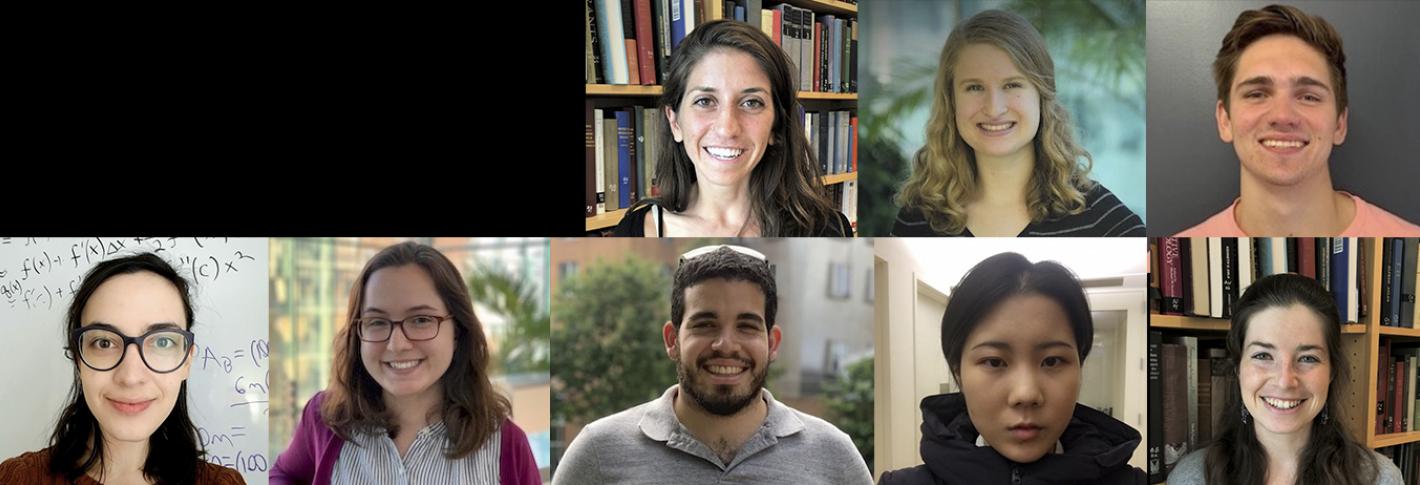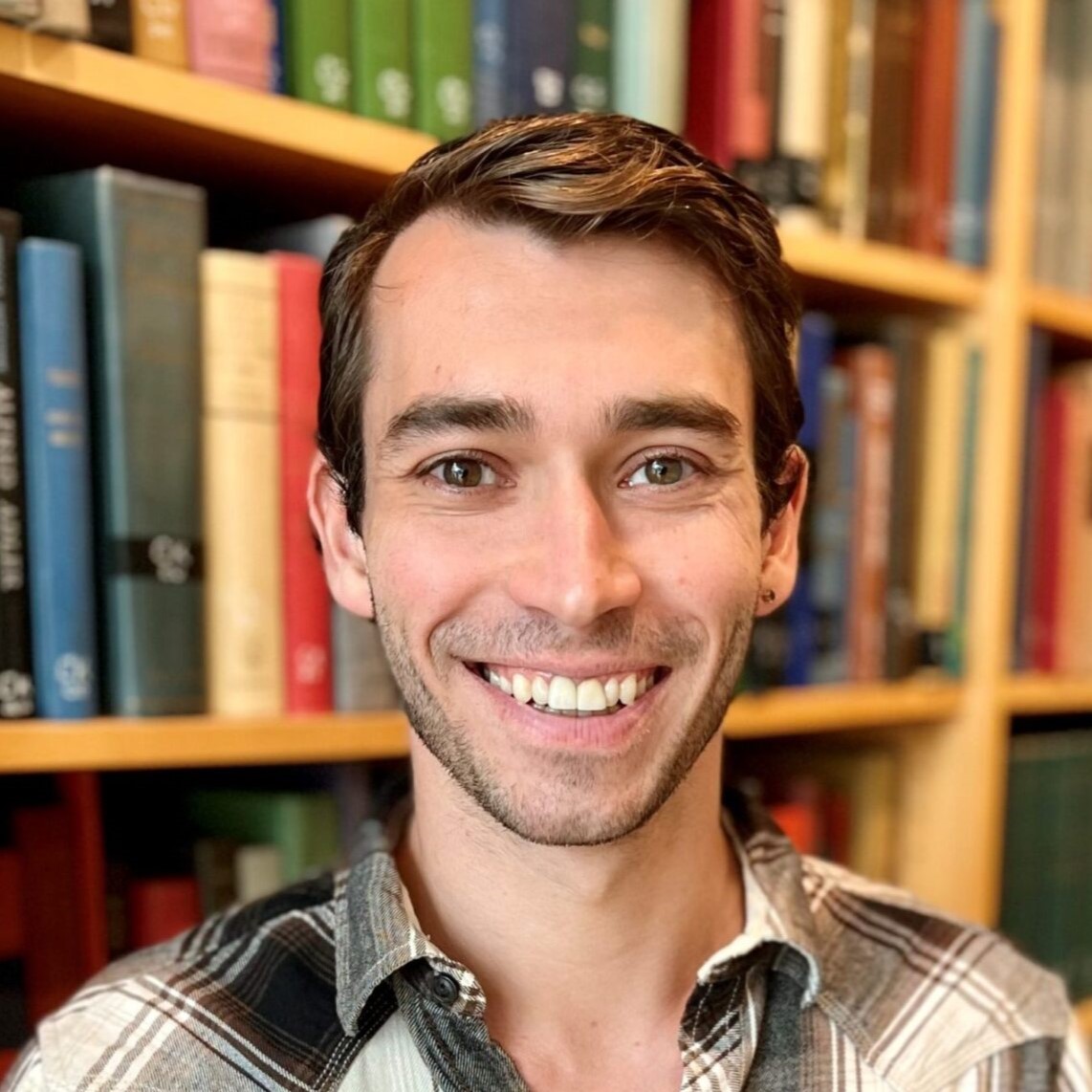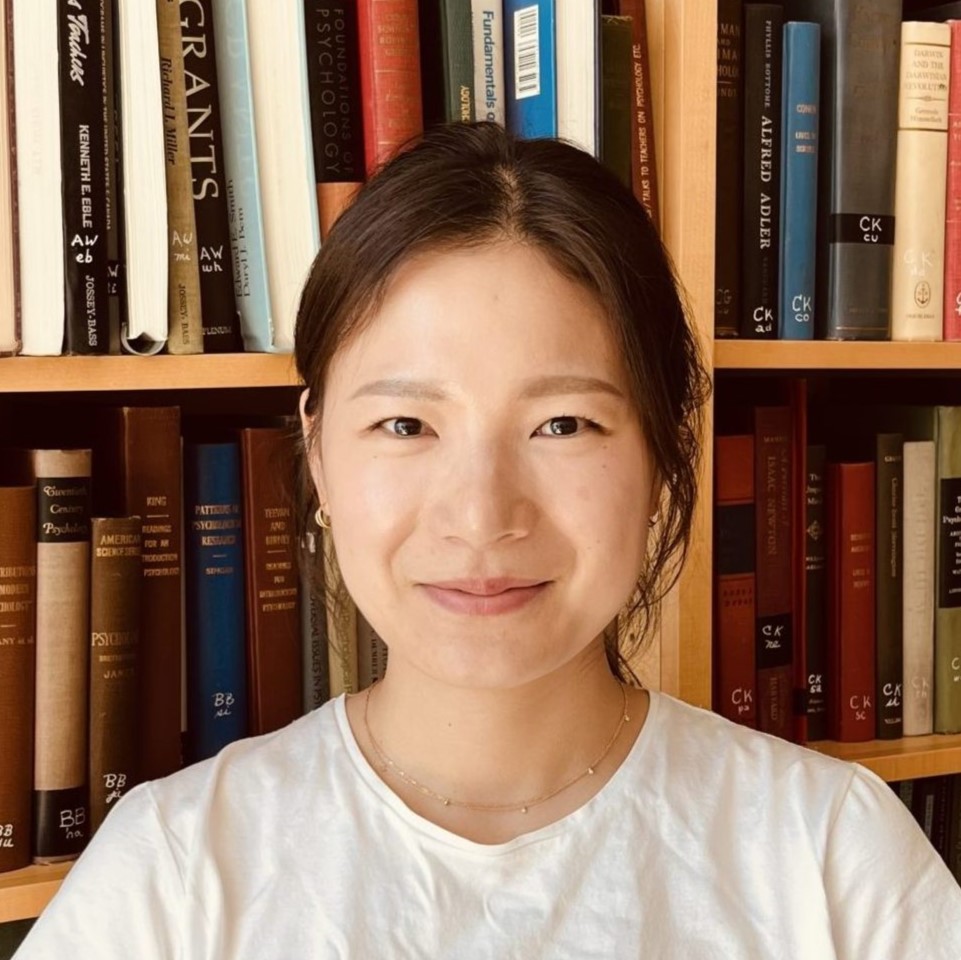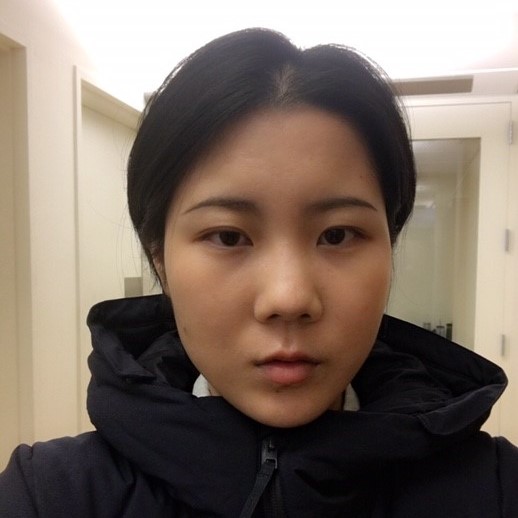
Picower Graduate Fellows are young scientists who have demonstrated outstanding scholarship, innovation and curiosity. They are pioneers with great potential to make profound impacts in brain science research at MIT and throughout their careers ahead. The Picower Graduate Fellows program provides the support to launch and sustain their training and research. As members of both their academic department and The Picower Institute, they join collaborative intellectual communities that provide many opportunities for mentoring and building research and professional skills.
Meet the current class of these exceptional researchers below and meet alumni of the program here.
|
|
Name |
Faculty Mentor |
Research Summary |
| Matias Andina | Gloria Choi |
Andina's research focuses on a fundamental question in neuroscience: how does the brain make decisions when faced with conflicting demands? Notably, observations in mice have shown that hunger affects their sleep patterns. Hungry mice tend to sleep less, and their sleep appears less stable than when they are well-fed. However, the exact brain processes governing this balancing act between the need to eat and sleep remain a mystery. |
|
| Greggory Heller | Mriganka Sur |
Heller is studying single neurons in the visual cortex of awake, attentive subjects to understand their computations and generate their activity. Neurons are the fundamental building blocks of the brain, and it is imperative to understand what computations they perform at the single-cell level. After all, if we do not know precisely what the building blocks of the brain are doing in a living animal, it will be challenging to understand how the brain becomes broken in disease or how to repair it. By observing the inputs to a neuron and its activity simultaneously, we can infer its computations. |
|
| Jiho Park | Mriganka Sur |
Park is investigating astrocytes' role in regulating vascular and glymphatic dynamics in the brain to understand how astrocytes enable communication between the vascular/glymphatic systems and neurons and potentially mediate the delivery of key molecules such as cytokines. |
|
| Qianli Xu | Matthew Wilson |
Xu's research investigates the interaction between cortical area(s) and the hippocampus throughout learning. Specifically, she is recording from both the primary visual cortex (V1) and the hippocampal CA1 region in freely-moving mice as they explore a visually-cued maze during both navigation and post-navigation sleep until the animal has fully learned the space, and investigating how changes in the visual stimuli induce changes in the population responses in both V1 and CA1 respectively, in turn, to form a hypothetical model on the co-fluctuations in neuronal activities between the two areas for future experimental studies. |





